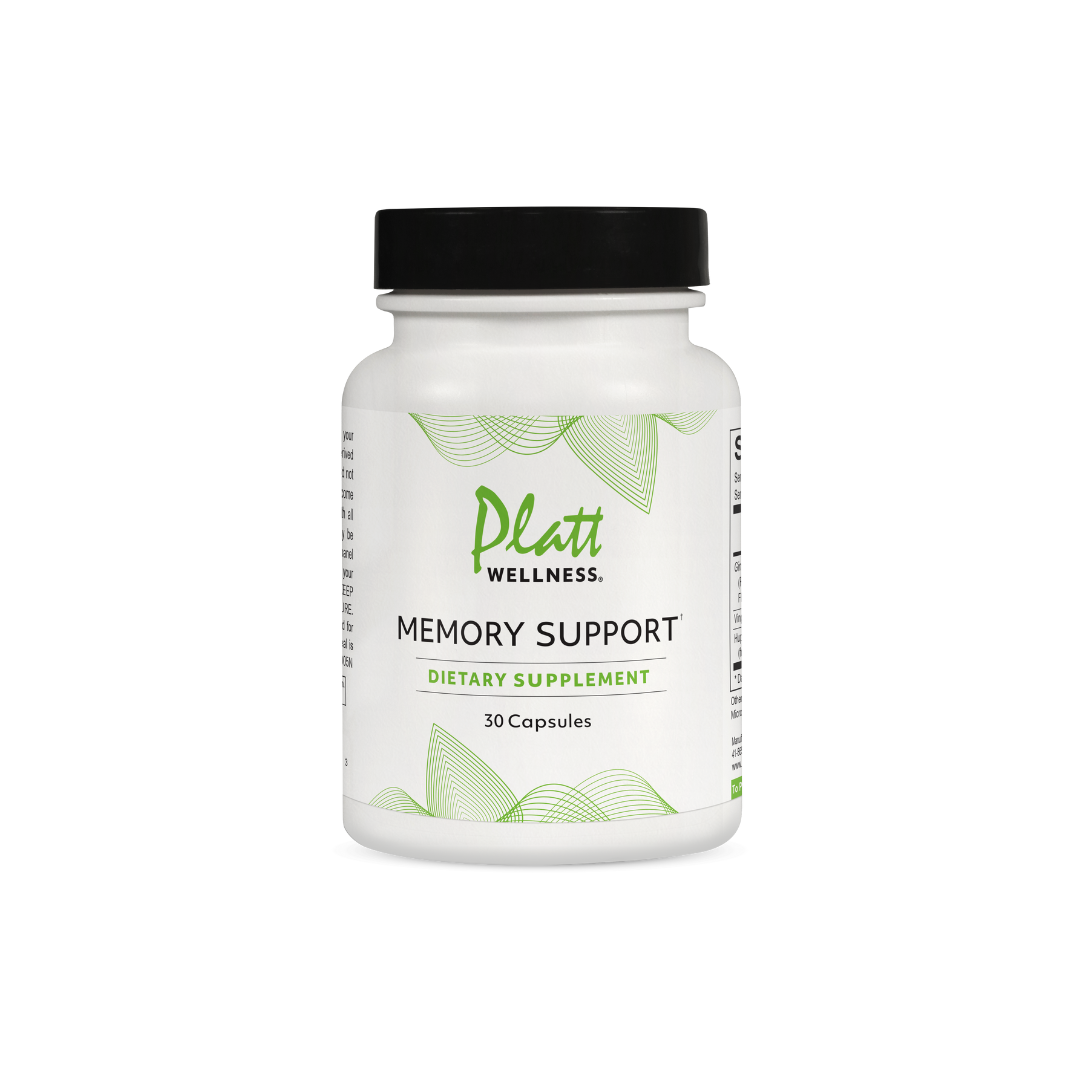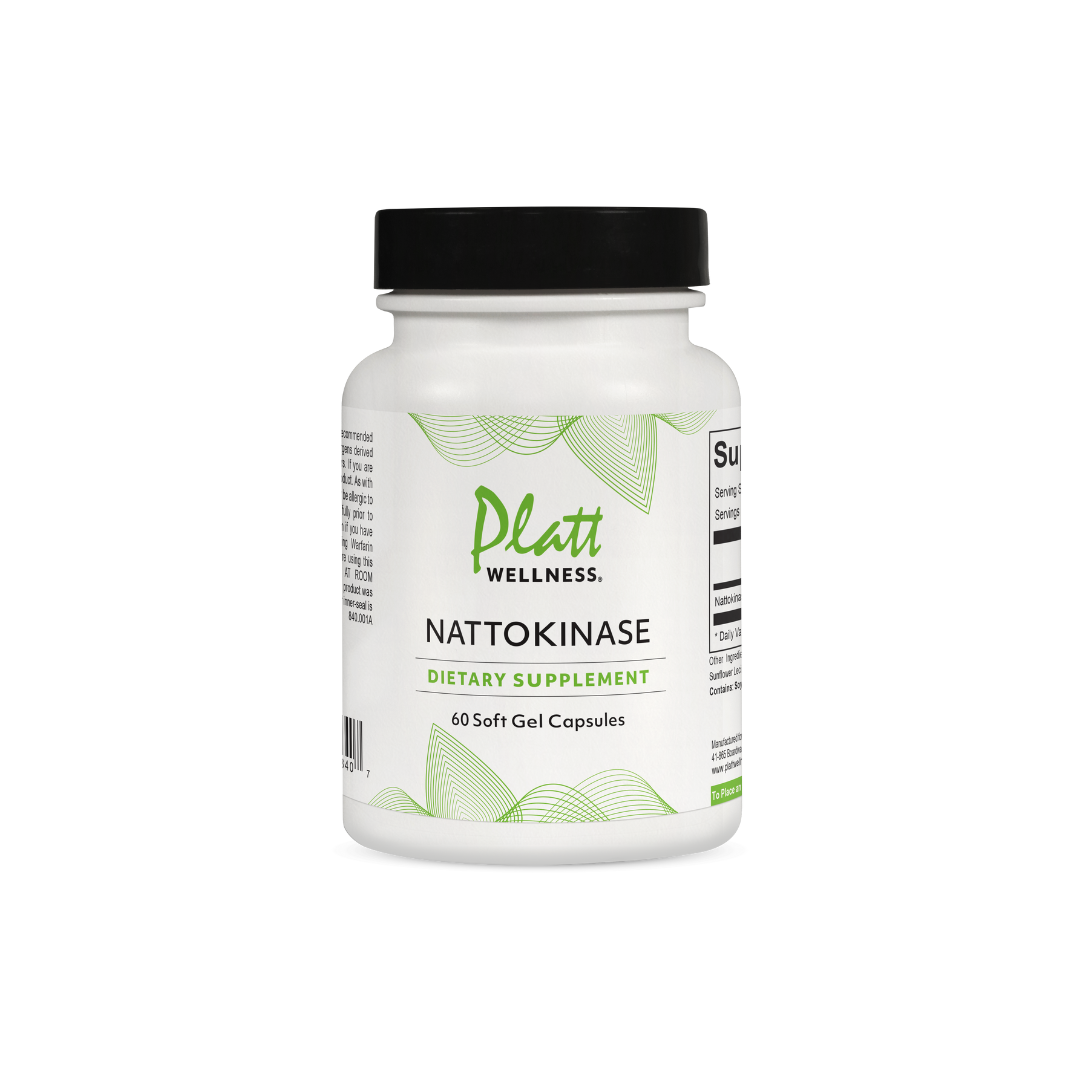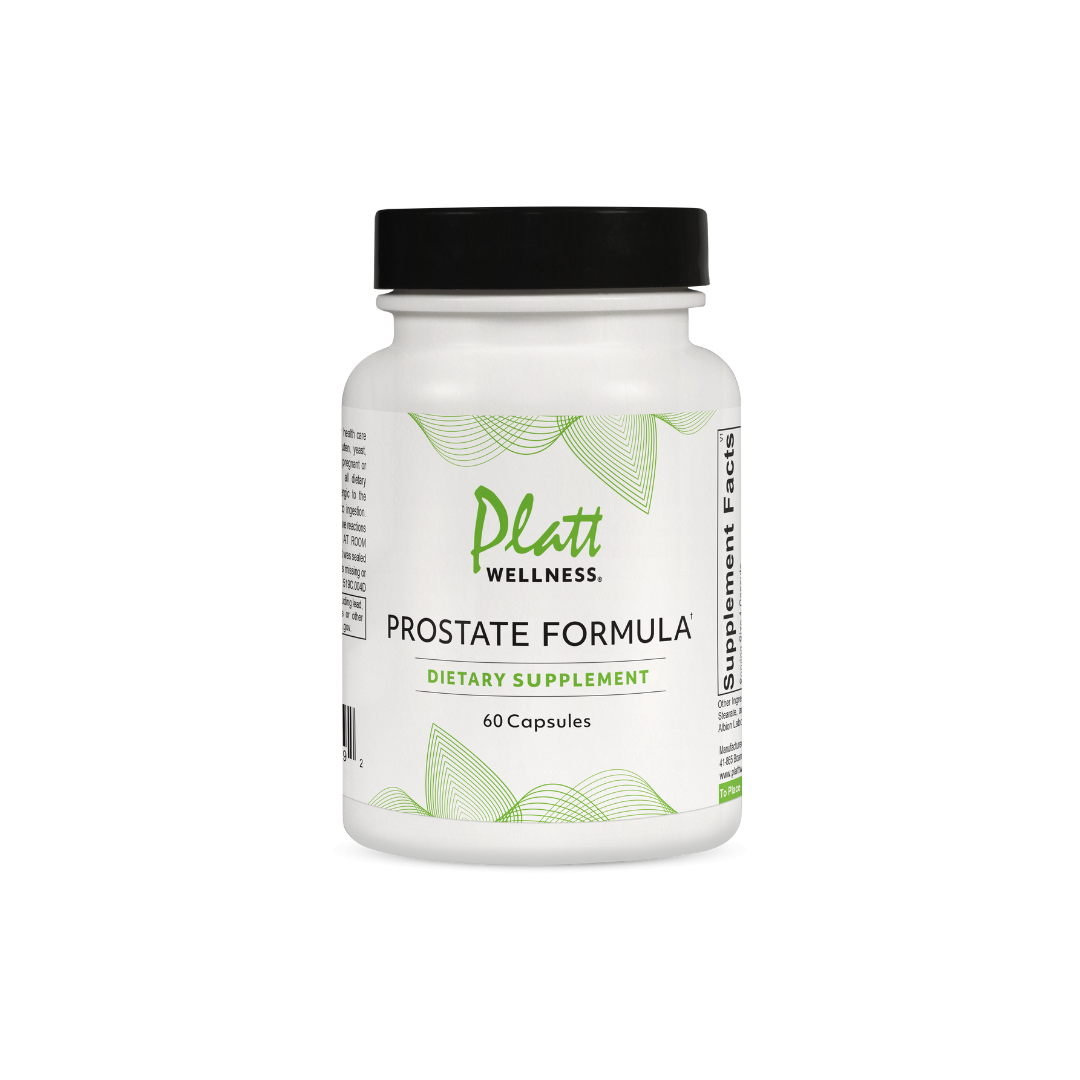As we know hormones control every system in the body and can also trigger headaches or migraines due to hormonal fluctuations.
All of the kinds of headaches mentioned in this section respond quickly, sometimes immediately, to transdermal progesterone cream.
The exact mechanism by which progesterone cream may help with migraines is not fully understood, but there are several theories:
Hormonal balance: Progesterone cream may help restore hormonal balance in women who experience migraines related to fluctuations in estrogen and progesterone levels during the menstrual cycle or menopause. By supplementing progesterone levels, it may help stabilize hormonal fluctuations that can trigger migraines.
Vasodilation: Progesterone has been shown to have vasodilatory effects, meaning it can relax blood vessels. Migraines are often associated with changes in blood vessel tone and function in the brain. By promoting vasodilation, progesterone cream may help reduce the constriction of blood vessels that can contribute to migraine attacks.
Neuroprotective effects: Progesterone has been found to have neuroprotective properties, meaning it may help protect brain cells from damage. Migraines involve complex neurological processes, and the neuroprotective effects of progesterone may help mitigate some of the underlying mechanisms involved in migraine development.
Adrenaline is a hormone and neurotransmitter that is released in response to stress, excitement, or danger. It has various effects on the body, including increasing heart rate, blood pressure, and blood sugar levels, as well as dilating air passages in the lungs. These physiological responses are part of the "fight or flight" response, which prepares the body to react to perceived threats.
Excess adrenaline, also known as epinephrine, can potentially trigger headaches or migraines in some individuals, although it's not as common as other triggers like hormonal fluctuations, stress, or dietary factors.
While adrenaline can be beneficial in situations where a quick response is needed, prolonged or excessive activation of the body's stress response can have negative effects, including potential headache or migraine triggers. Here's how excess adrenaline might contribute to headaches or migraines:
Vasoconstriction: Adrenaline can cause blood vessels to constrict (vasoconstriction). In some individuals, this constriction of blood vessels, particularly in the head and neck, may contribute to the development of tension-type headaches or migraines.
Muscle tension: The release of adrenaline during stress can lead to muscle tension, especially in the neck, shoulders, and scalp. Muscle tension headaches are a common type of headache and may occur or worsen in response to stress and elevated adrenaline levels.
Altered neurotransmitter levels: Adrenaline release can affect the balance of neurotransmitters in the brain, including serotonin and dopamine, which are involved in pain regulation. Imbalances in neurotransmitters can potentially contribute to headache or migraine development.
Progesterone is a hormone that plays a key role in regulating the menstrual cycle and pregnancy, but also blocks adrenaline and can be effective in the treatment for headaches and migraines.
One type of traction headache, called occipital neuritis, is often mistaken for a migraine headache because the pain can be severe. However, a migraine is characterized by a pulsating type of pain, while the pain of occipital neuritis is piercing. It arises at the base of the skull on one side or the other and shoots into the back of the eye on the affected side.
The diagnosis can be confirmed by pressing the thumb into the suspected area at the base of the skull, which should be very painful. Applying moist heat to this area usually provides relief; however, preventing muscle tension around the nerve sheath by lowering the adrenaline level helps to prevent this symptom and provides relief.
Muscle tension in the neck can also give rise to tinnitus, which is a ringing in one or both ears. The two vertebral arteries, which run up the back of the neck into the brain, give rise in the neck to the smaller vestibular arteries, one going to each inner ear.
It is my theory that tension in the neck muscles can constrict these small blood vessels, causing impairment of circulation to the inner ear and thus causing tinnitus.
Dr. Platt has recommended to patients who have tinnitus that they apply progesterone to the back of the neck, and most of them have obtained significant relief.
Another example of localized muscle tension is temporomandibular joint dysfunction (TMJ), a condition that may arise when people grind their teeth or clench their jaw, especially at night. TMJ can be treated with a dental prosthesis or a retainer, or more simply by lowering adrenaline.
Notably, a low progesterone level can cause a headache in three ways.
- A low progesterone level is associated with increased insulin, which can cause hypoglycemia. Hypoglycemia can lead to a hunger headache, often between 3 and 4 p.m.
- Hypoglycemia can prompt the release of adrenaline, which can cause traction headaches.
- Women with low progesterone levels can get estrogen-induced migraine headaches when they have their periods.
Dr. Michael E. Platt has been a pioneer in the research and advancement of the therapeutic use of progesterone cream for use in managing adrenaline and hormonal imbalance. Dr. Platt is considered an important pioneer in observational, functional, alternative, and allopathic medicine focused on bio-identical hormones and adrenaline overload. His three books “The Miracle of Bioidentical Hormones”, “Adrenaline Dominance” and “Platt Protocol” have received 11 literary awards.
**DISCLAIMER - These statements have not been evaluated by the FDA. These products are not intended to diagnose, treat, cure, or prevent disease or medical conditions. The products and information found on plattwellness.com are not intended to replace professional medical advice or treatment. Individual results may vary.








